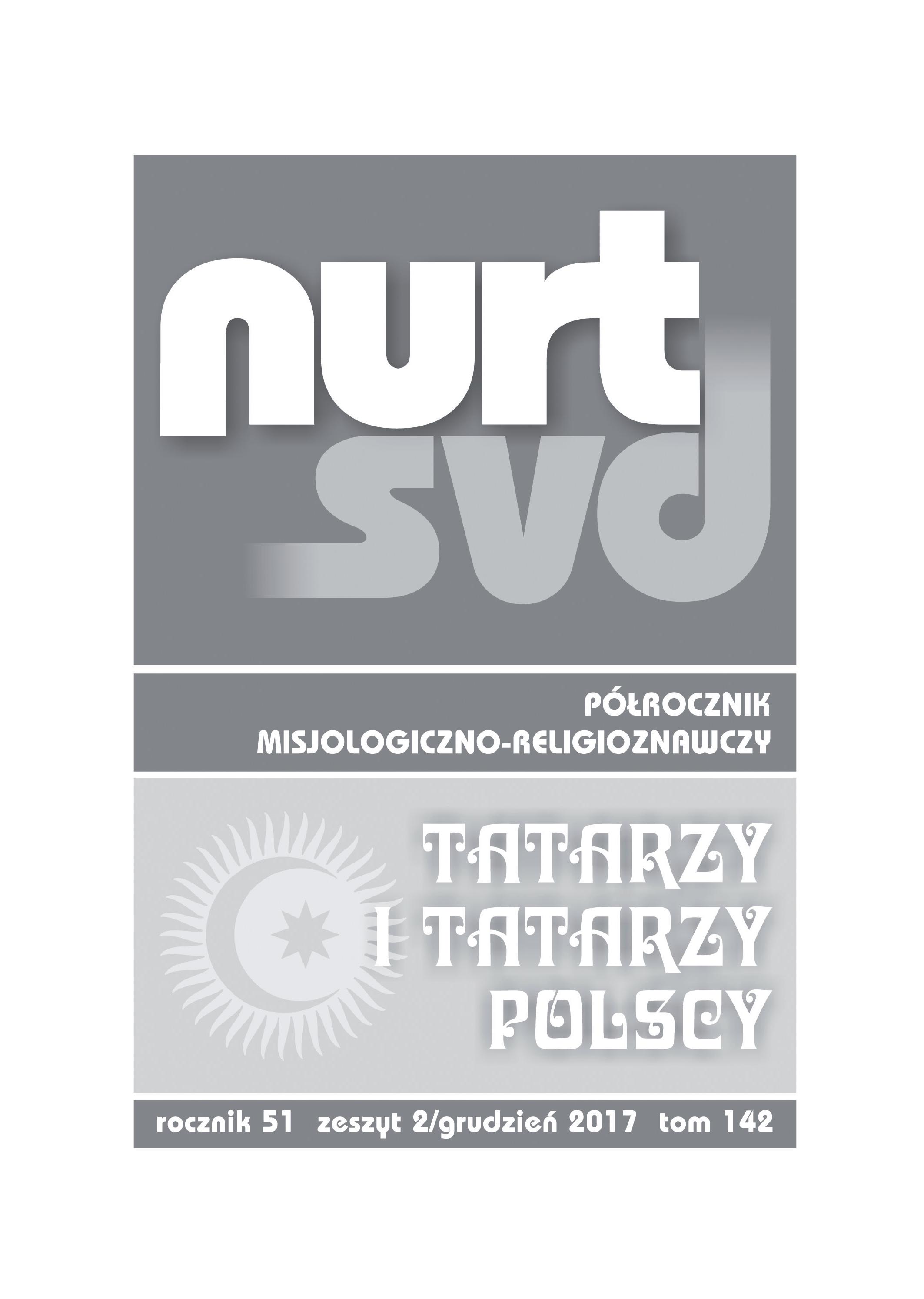Inspiracje chrześcijańskie w działalności Konrada Adenauera – współtwórcy powojennych Niemiec i dzisiejszej Unii Europejskiej
Christian inspirations in the work of Konrad Adenauer - co-founder of the postwar Germany and European Union
Author(s): Benon GazińskiSubject(s): Politics / Political Sciences, Christian Theology and Religion
Published by: Verbinum
Keywords: Adenauer; Germany; European integration;
Summary/Abstract: In the times of the real socialism, Konrad Adenauer was often presented in an oversimplified and tendentious manner. He came into a short-lived attention after the democratic breakthrough, but slipped into obscurity again. He is little known today, especially to the young generation. The first part of the article describes the shaping up of the idea of the European unity throughout the past centuries, with the emphasis on the role of Christianity in that process. The biographical part of the article draws attention to religious values cherished in Adenauer’s family (one of his brothers and his sons were priests) and important events in his private life (he was two times widowed, and fathered eight children). He was active in all the turbulent periods in the recent European history: imperial Germany, two world wars, until the second half of the 1960s. His public and political activities can be divided into several distinct periods: 1) 27 years in the municipal office in Cologne, including his tenure as mayor from 1917 to 1933; 2) 12 years of inactivity and repression in the Nazi Germany (he lost his house after dismissal from the office of the mayor of Cologne and was twice arrested); 3) several most important decades for Germany and the world after the World War II, when he was the leader of CDU and the first, long-time chancellor.
Journal: Nurt SVD
- Issue Year: 142/2017
- Issue No: 2
- Page Range: 467-481
- Page Count: 15
- Language: Polish

